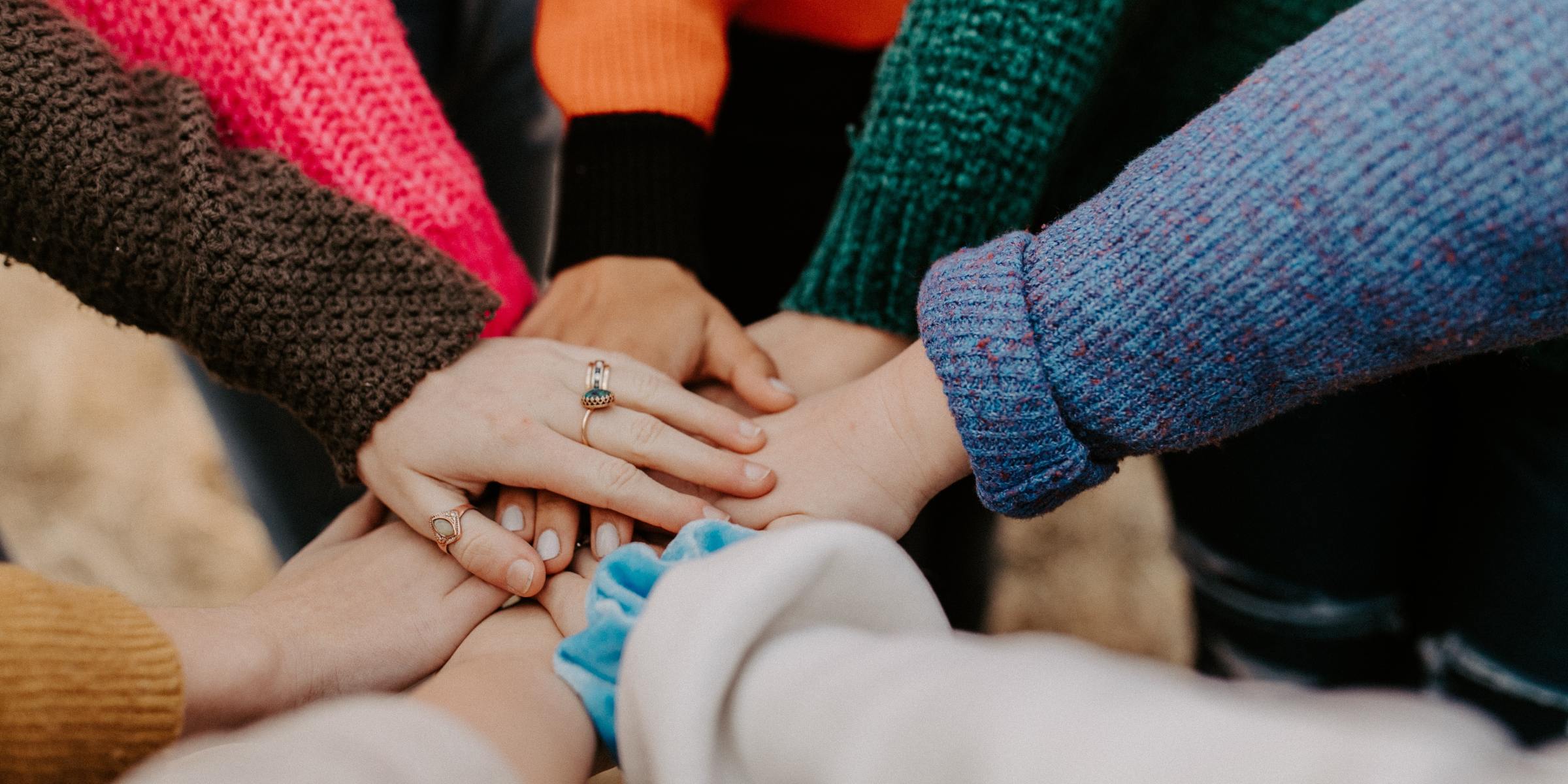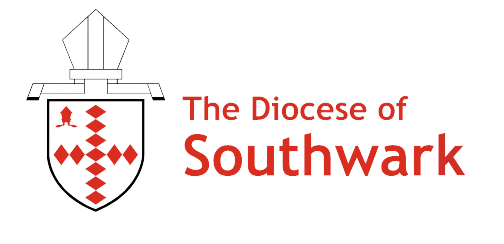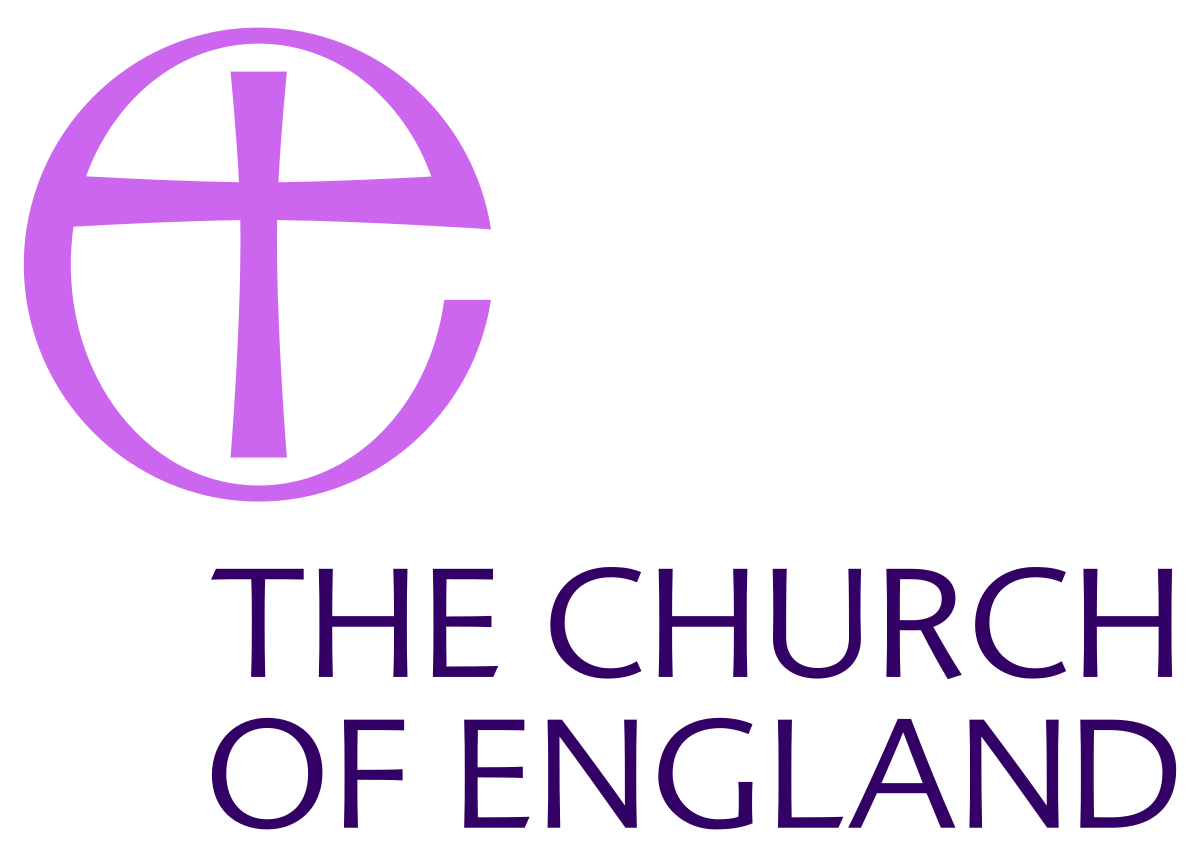The care and protection of children, young people and adults involved in Church activities is the responsibility of everyone who participates in the life of the Church. In accordance with the Church of England Safeguarding Policy, our church is committed to:
- promoting a safer environment and culture
- safely recruiting and supporting all those with any responsibility related to children, young people and vulnerable adults within the church
- responding promptly to every safeguarding concern or allegation
- caring pastorally for victims/survivors of abuse and other affected persons
- caring pastorally for those who are the subject of concerns or allegations of abuse and other affected persons
- responding to those who may pose a present risk to others.
The parish will:
- create a safe and caring place for all
- have a named Parish Safeguarding Officer (PSO) to work with the Incumbent and the PCC to implement policy and procedures
- safely recruit, train and support all those with any responsibility for children, young people and adults to have the confidence and skills to recognise and respond to abuse
- ensure that there is appropriate insurance cover for all activities involving children and adults undertaken in the name of the parish
- display on church premises and on the parish website the details of whom to contact with safeguarding concerns or support needs
- listen to and take seriously all those who disclose abuse
- take steps to protect children and adults when a safeguarding concern of any kind arises, following House of Bishops’ guidance, including immediately notifying the Diocesan Safeguarding Adviser (DSA) and statutory agencies
- offer support to victims/survivors of abuse regardless of the type of abuse, when or where it occurred
- care for and monitor any member of the church community who may pose a risk to children and adults whilst maintaining appropriate confidentiality and the safety of all parties
- ensure that health and safety policy, procedures and risk assessments are in place and that these are reviewed annually
- review the implementation of the Safeguarding Policy, Procedures and Practice at least annually.
Reporting a concern
If you are concerned that someone you know is at risk of, or is being abused, or presents a risk to others, please seek advice from a Safeguarding Adviser or if necessary report the matter to the Local Authority Social Care Services or the Police without delay.
If you have information about a safeguarding situation where a child or adult is in immediate danger or requires immediate medical attention call the emergency services on 999. Do not delay.
The Parish Safeguarding Officers are Patricia Reid and Sophie George.
You can also contact the Diocesan Safeguarding Adviser on 020 7939 9423 (office hours) or 020 3874 6743 (out of hours). You can also speak with any of the following diocesan contacts
Pamela Chisholm, Diocesan Safeguarding Adviser
pamela.chisholm@southwark.anglican.org
020 7939 9423
07982 279713
Marie Daly, Assistant Diocesan Safeguarding Adviser
marie.daly@southwark.anglican.org
020 7939 9441
07946 255295
Louise Vernon, Assistant Diocesan Safeguarding Adviser
louise.vernon@southwark.anglican.org
020 7939 9462
07946 255622
More information on diocesan safeguarding policy can be found here.
The Church of England National Safeguarding Team manages safeguarding cases relating to senior clergy including bishops and deans. If you wish to contact the National Safeguarding Team regarding a safeguarding situation of this nature, please email safeguarding@churchofengland.org, or write to:
National Safeguarding Team
Church House
Great Smith Street
Westminster
SW1P 3AZ
Getting Support
Launched in September 2020, Safe Spaces is a free and independent support service for anyone who has experienced abuse in relation to the Church of England, the Church in Wales, or the Catholic Church of England and Wales. This could be abuse by someone who holds any role in the church or is linked to participating in a church-led activity or group.
Although the churches have funded the service, it is run independently by the charity Victim Support, who are one of the leading charities providing specialist support to survivors of abuse in England and Wales.
If you have been affected, however long ago, Safe Spaces can provide you with support. You do not have to have told the police or the church authorities, and you do not have to still be involved with the church. Your information will not be shared without your consent, unless you or someone else is in immediate danger.
- Tel: 0300 303 1056 (answerphone available outside of opening times)
- Email: safespaces@victimsupport.org.uk
- WebChat – via the Safe Spaces website
Other organisations
- Past Cases Review 2 NSPCC helpline for Children and Adults: 0800 80 20 20
- NSPCC Child Protection Helpline: 0808 800 5000 (lines free and open 24 hours). Phone if you are worried about a child.
- Child-line: 0800 1111 (lines free and open 24 hours). Phone if you are a child or young person and are worried about anything.
- National Domestic Abuse Helpline: 0808 2000 247 (lines free and open 24 hours). Phone if you are experiencing domestic abuse.
- Samaritans Helpline: 116 123 (open 24 hours). Phone if you feel you are struggling to cope and need someone to talk to.
- Action on Elder Abuse Helpline: 0808 808 8141 (free phone Monday to Friday 9-5pm)
- National Rape Crisis Helpline: 0808 802 9999 and is open every day from 12-2.30pm and 7-9.30pm.
- The Survivors Trust: 0808 801 0818 and is open Monday to Wednesday 10-7.30pm, Thursday 10-6pm and Friday 10-2pm.
- LGBT+ Domestic Abuse Helpline: 0800 999 5428 help@galop.org.uk
- Men’s Advice Line: 0808 801 0327 info@mensadviceline.org.uk
- Age UK Advice Line: 0800 678 1602
Domestic Abuse
All forms of domestic abuse are wrong and must stop. We are committed to promoting and supporting environments which:
- ensure that all people feel welcomed, respected and safe from abuse
- protect those vulnerable to domestic abuse from actual or potential harm
- recognise equality amongst people and within relationships
- enable and encourage concerns to be raised and responded to appropriately and consistently.
We recognise that:
- all forms of domestic abuse cause damage to the survivor and express an imbalance of power in the relationship
- all survivors (regardless of age, disability, gender, racial heritage, religious belief, sexual orientation or identity) have the right to equal protection from all types of harm or abuse
- domestic abuse can occur in all communities
- domestic abuse may be a single incident but is usually a systematic, repeated pattern which escalates in severity and frequency
- domestic abuse, if witnessed or overheard by a child, is a form of abuse by the perpetrator of the abusive behaviour
- working in partnership with children, adults and other agencies is essential in promoting the welfare of any child or adult suffering abuse.
We will endeavour to respond to domestic abuse by:
- in all our activities —
- valuing, listening to and respecting both survivors and alleged or known perpetrators of domestic abuse
- in our publicity —
- raising awareness about other agencies, support services, resources and expertise, through providing information in public and women-only areas of relevance to survivors, children and alleged or known perpetrators of domestic abuse
- when concerns are raised —
- ensuring that those who have experienced abuse can find safety and informed help
- working with the appropriate statutory bodies during an investigation into domestic abuse, including when allegations are made against a member of the church community
- in our care —
- ensuring that informed and appropriate pastoral care is offered to any child, young person or adult who has suffered abuse
- identifying and outlining the appropriate relationship of those with pastoral care responsibilities with both survivors and alleged or known perpetrators of domestic abuse.
If you have any concerns or need to talk to someone, please contact: Revd Helen Harknett / Patricia Reid / Sophie George


